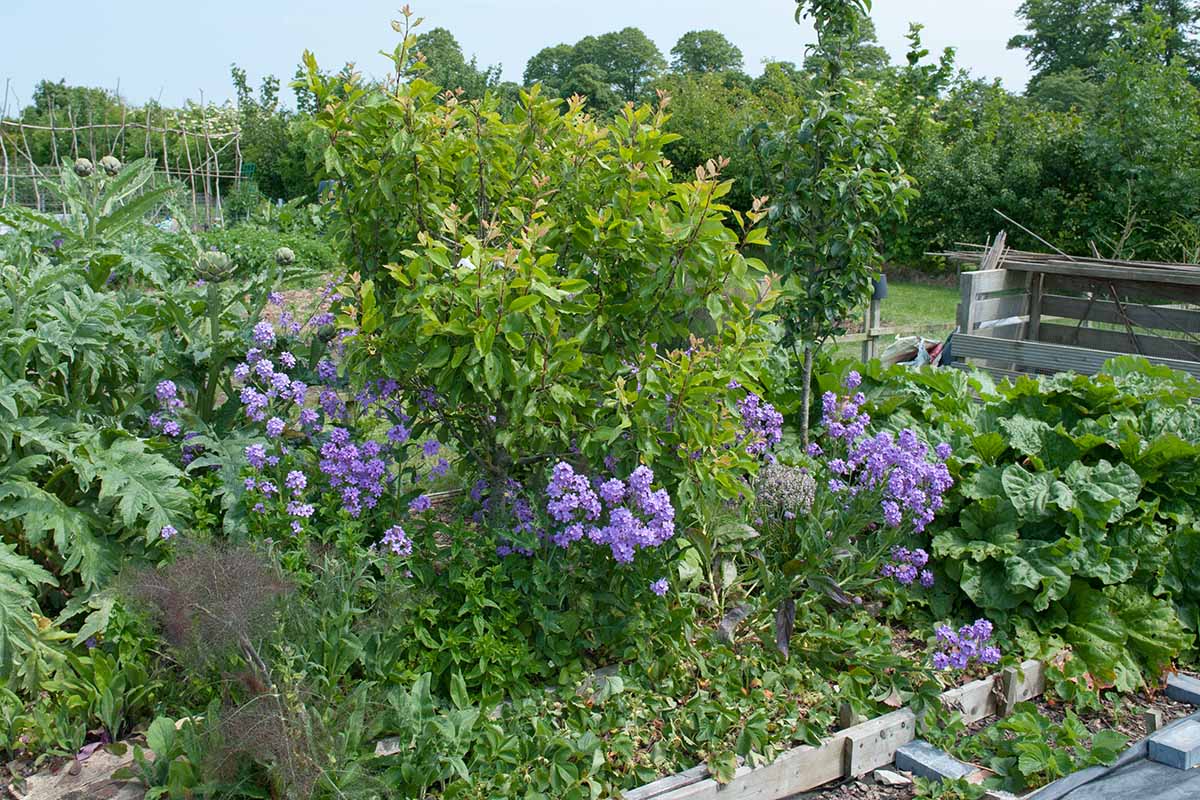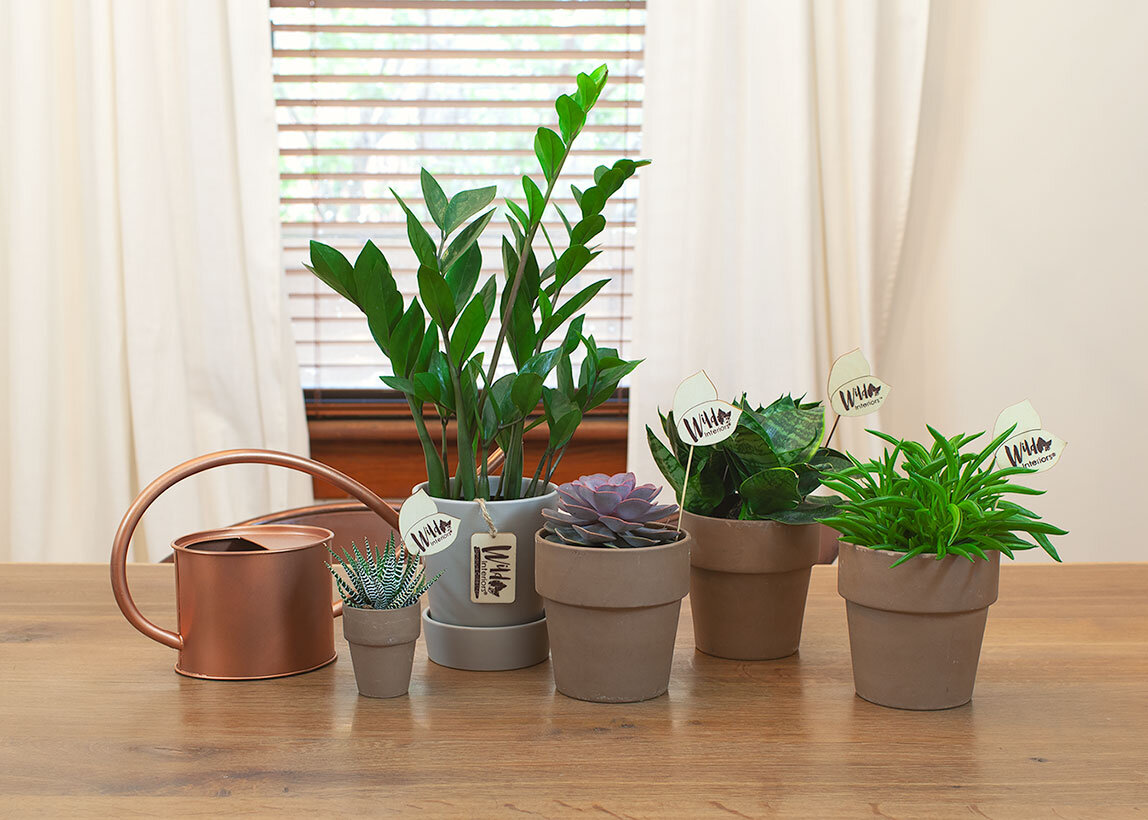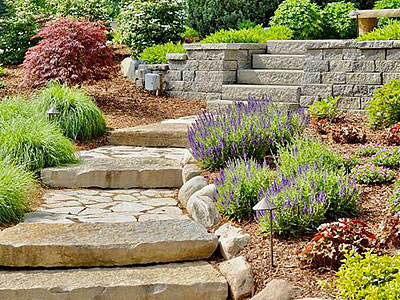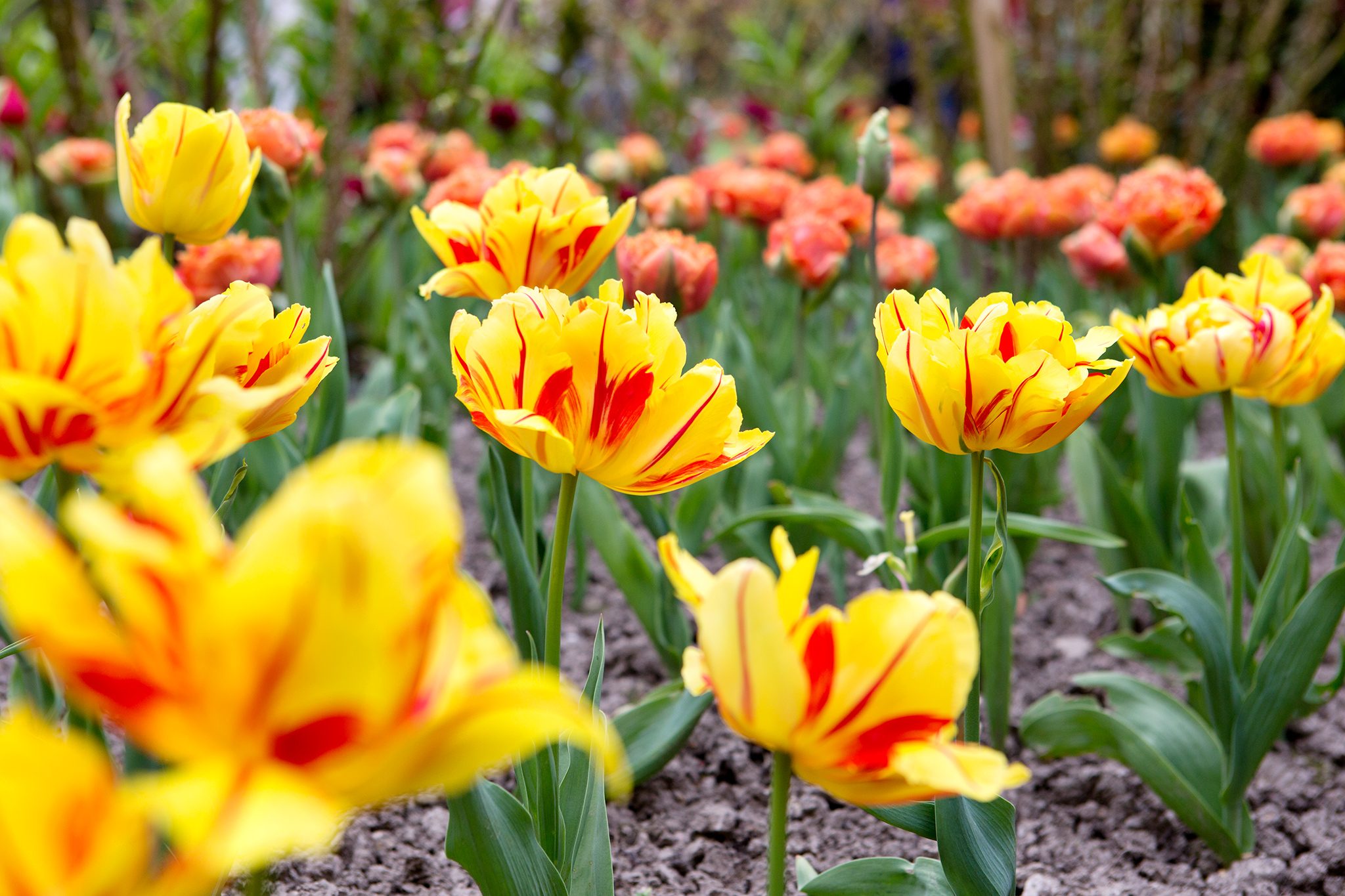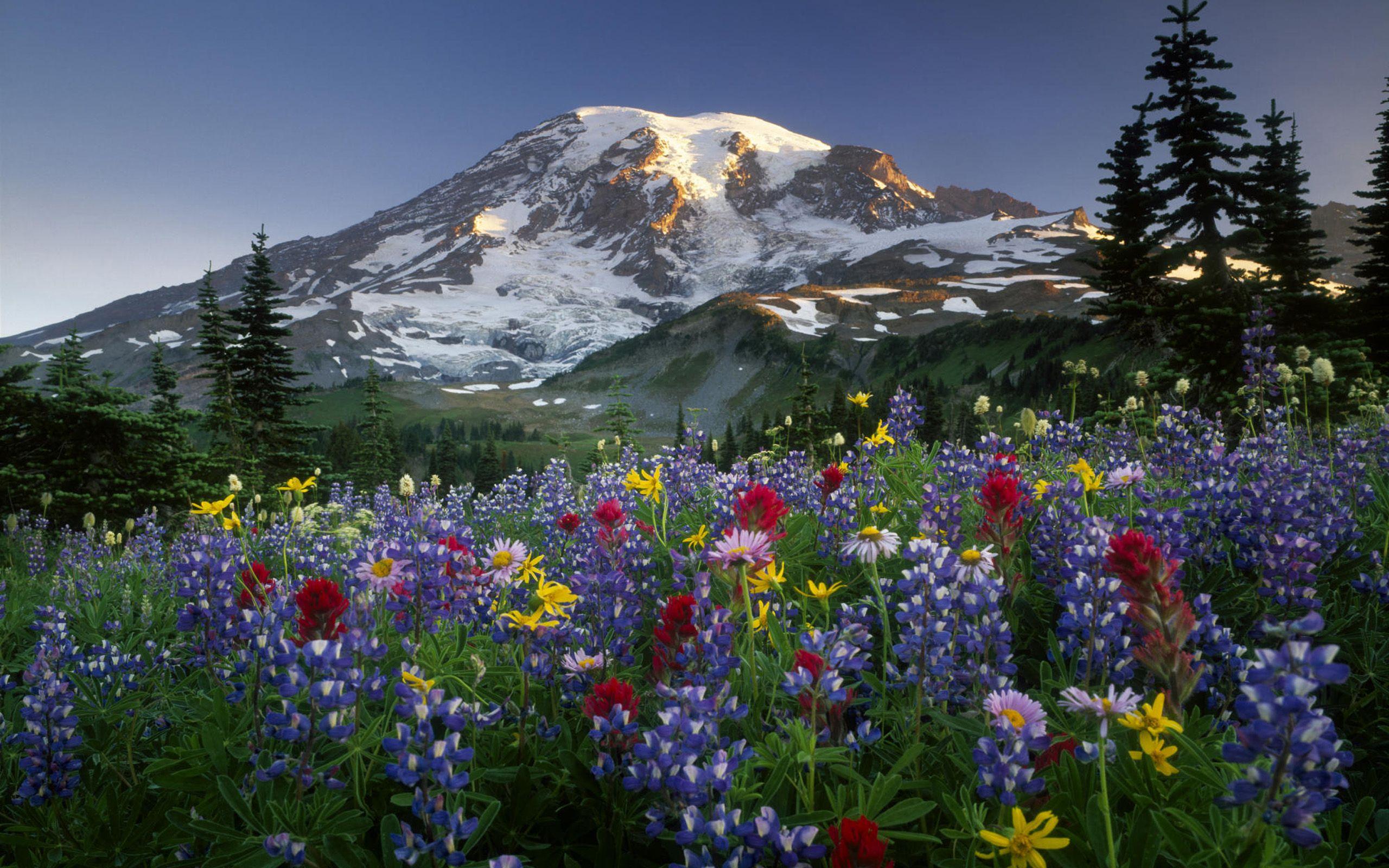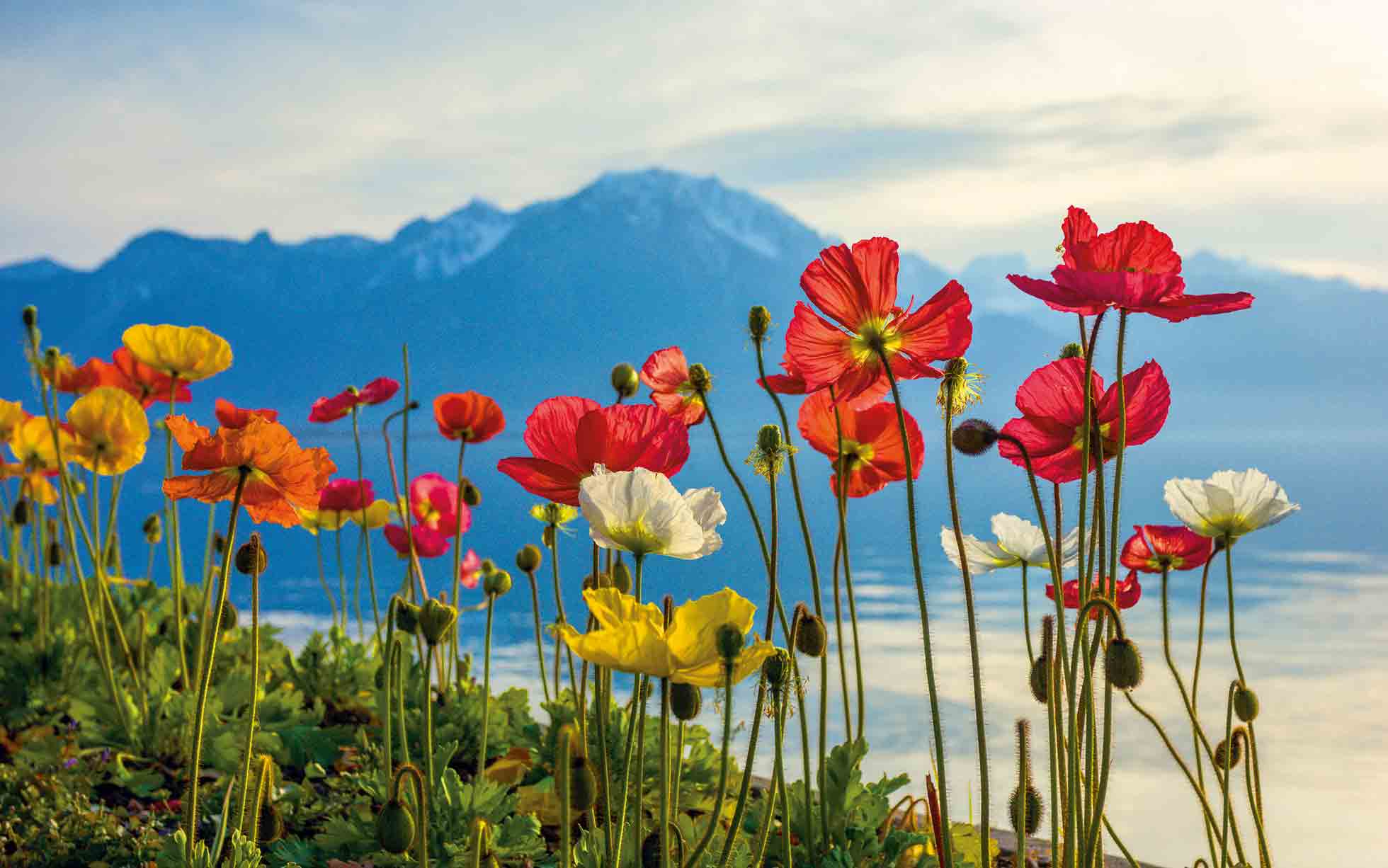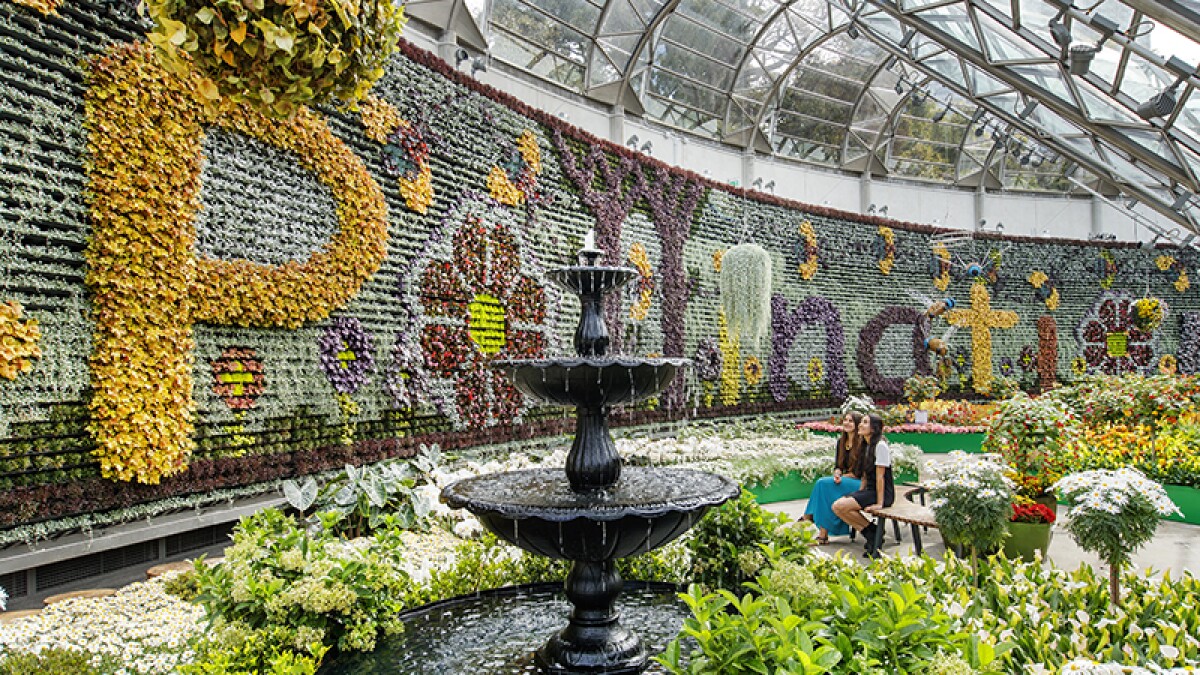
What Should Clients Do to Prepare Before Their First Tattoo Appointment? Proper preparation significantly impacts your tattoo experience and healing process. Start by drinking plenty of water in the days ...
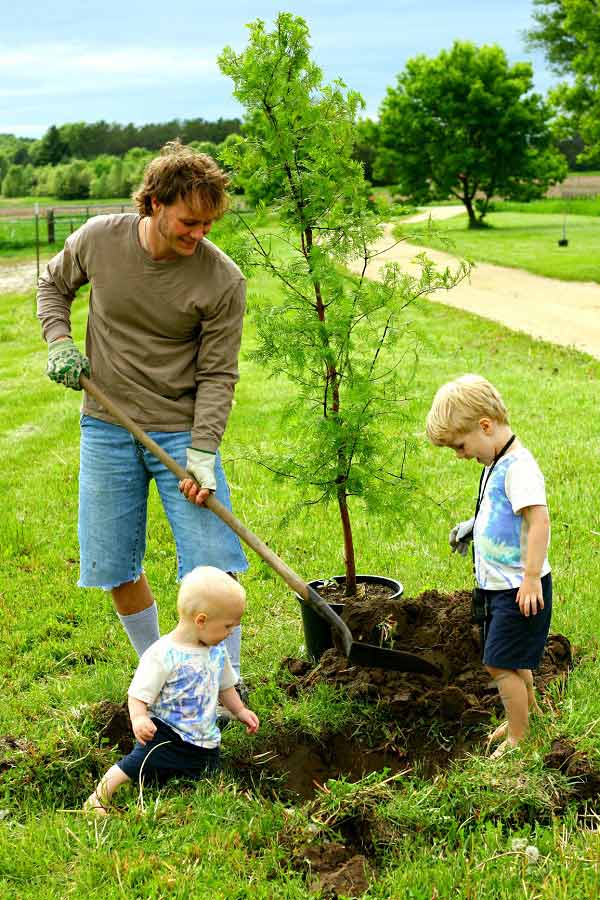
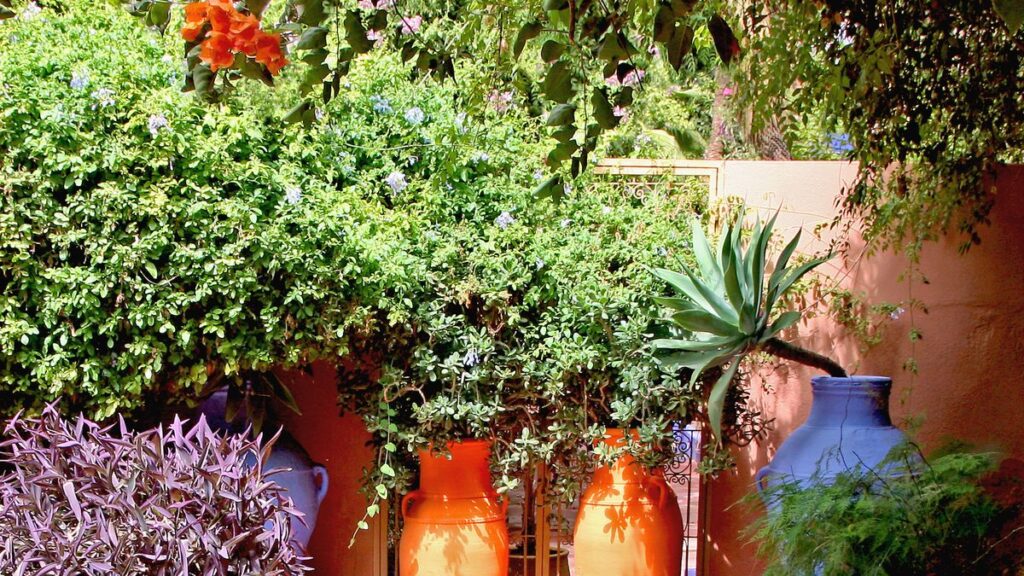
Welcome to “Growing Green: Your Source for Sustainable Gardening Wisdom.” In a world increasingly focused on environmental conservation and sustainable living, gardening has taken on a vital role. Whether you have a sprawling backyard or a small balcony, sustainable gardening allows you to contribute to a greener future while nurturing your own slice of nature. This comprehensive guide will provide you with the knowledge and inspiration you need to embark on your sustainable gardening journey.
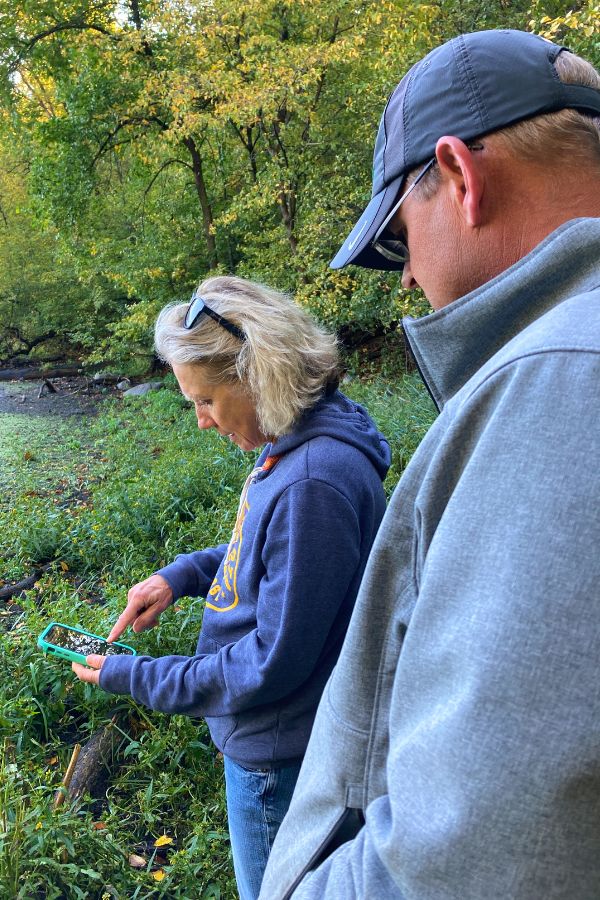
Sustainable gardening focuses on using resources efficiently. From water-saving techniques to organic fertilizers, every aspect of your garden can be optimized to reduce waste and conserve precious resources.
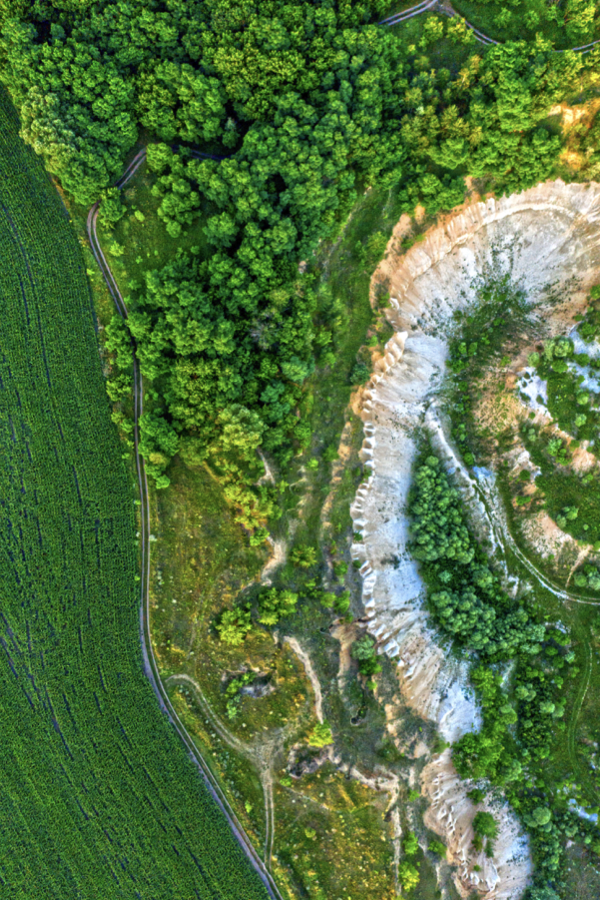
Encouraging a diverse range of plants and native species in your garden creates a thriving ecosystem. This, in turn, supports pollinators like bees and butterflies, enhancing overall biodiversity.
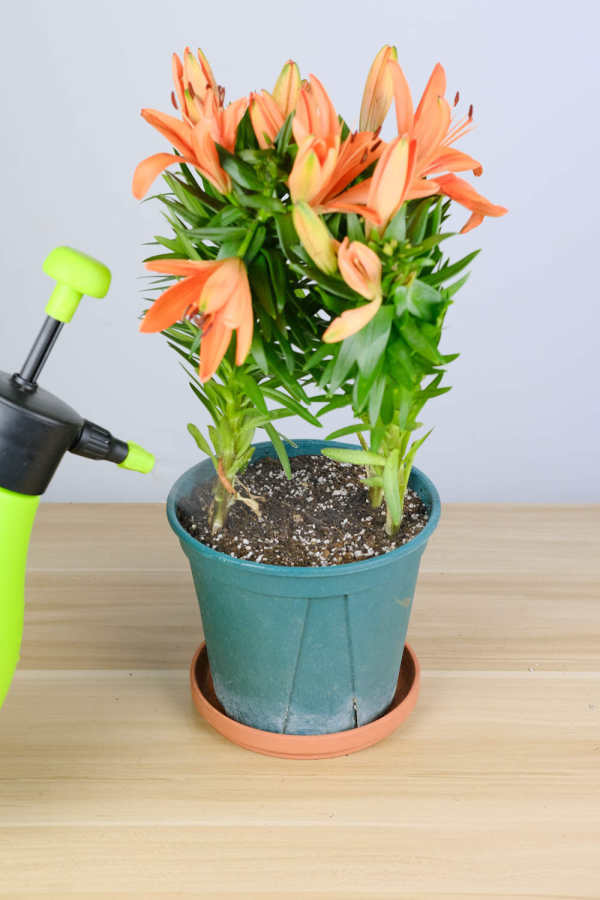
Sustainable gardening reduces the need for chemical fertilizers and pesticides, which can harm the environment. By choosing organic alternatives and minimizing transportation of garden supplies, you can lower your carbon footprint.
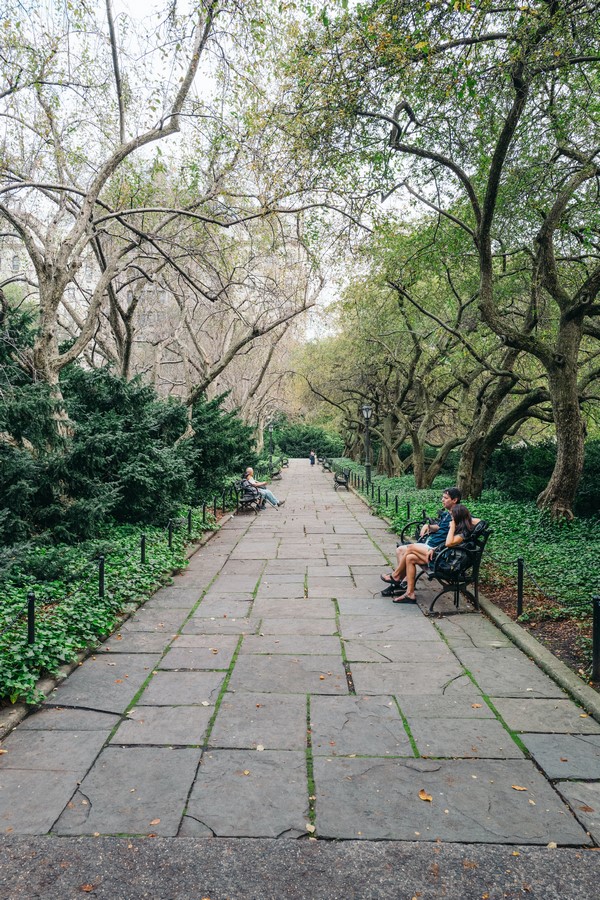
Gardening is not just about nurturing plants; it’s also about nurturing your well-being. Sustainable gardens provide a sanctuary for relaxation, physical activity, and stress relief.
By adopting sustainable practices in your garden, you become a steward of the Earth, playing a crucial role in conserving resources and fostering biodiversity.
Water Efficiency: Use drip irrigation systems or soaker hoses to water your garden efficiently. Collect rainwater in barrels for irrigation during dry spells.
Native Plants: Choose native plants that are adapted to your region’s climate and require less water and maintenance.
Composting: Start a compost pile to recycle kitchen scraps and yard waste into nutrient-rich soil conditioner.
Organic Practices: Avoid synthetic chemicals and pesticides, opting for organic solutions like neem oil and companion planting.
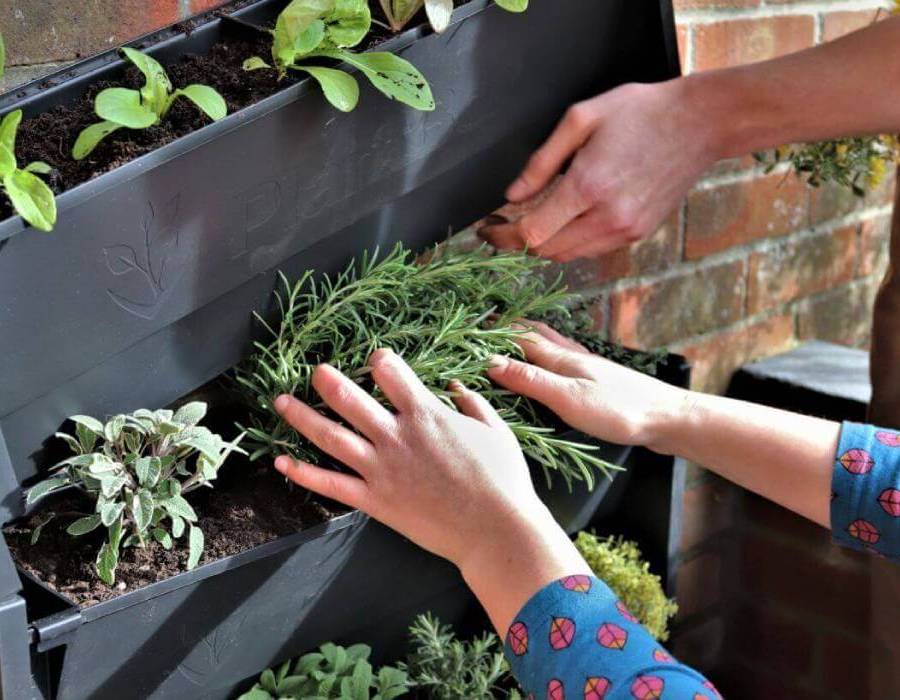

Mulching: Mulch your garden beds to retain moisture, suppress weeds, and regulate soil temperature.
Attract Pollinators: Plant flowers that attract pollinators like bees, butterflies, and hummingbirds to enhance pollination in your garden.
Explore a treasure trove of practical tips and advice of professionals like Lush Flower Co on water conservation, organic gardening, and eco-friendly landscaping.

What Should Clients Do to Prepare Before Their First Tattoo Appointment? Proper preparation significantly impacts your tattoo experience and healing process. Start by drinking plenty of water in the days ...

What Are the Defining Features of Realism and Portrait Tattoo Styles? Realism tattoos replicate real-life images directly onto skin with photographic accuracy, whilst portrait tattoos specifically capture the essence and ...

Introduction – Why Flowers Make the Perfect Birthday Gift Birthdays are milestones that deserve to be celebrated in meaningful and joyful ways. While gifts come in many shapes and forms, ...
Sustainable gardening is not just an individual endeavor; it’s about building a community of like-minded individuals who share a passion for green living.
